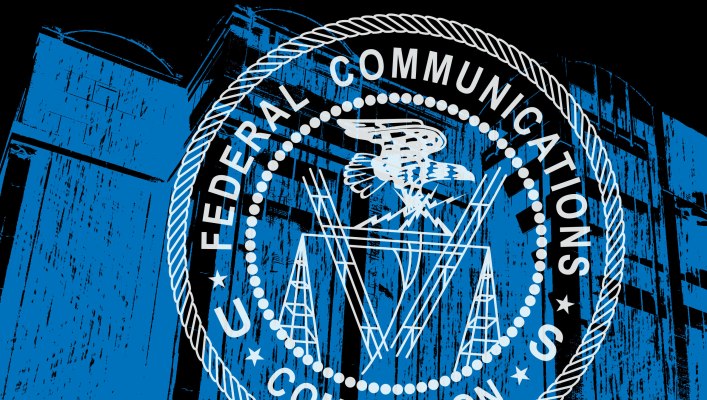Today in a press conference, New York Attorney General Eric Schneiderman elaborated on his office’s efforts to investigate the FCC’s flood of fake anti-net neutrality comments while calling for a delay of the agency’s vital net neutrality vote until the source of the fraudulent comments is identified. Schneiderman joined a group of 27 senators who are also calling for a delay on the December 14 vote that is widely expected to repeal Obama-era net neutrality rules.
Schneiderman was joined onstage by Democratic FCC Commissioner Jessica Rosenworcel, an Obama-era appointee who was reappointed by the Trump administration.
“[It is] incumbent upon the FCC and all of my colleagues to stand back, figure out what’s in this record before us and get to the bottom of these stolen identities,” said Rosenworcel. Schneiderman added that the feedback system was “corrupted” — a fact that he accuses the FCC of being well aware of.
According to Schneiderman, the net neutrality feedback process generated more than 23 million total comments, marking an unprecedented level of participation. His office suspects that as many as a million of those comments are linked to stolen identities, including a 13-year-old who never submitted a comment, a recently deceased woman and the office of the Attorney General’s own assistant press secretary. He called on government officials in other states with residents that appear to have “likely victims” to get involved, including California, Missouri, Texas, Ohio and Pennsylvania.
Schneiderman cited reports that that half a million of the comments appear to have been filed from Russian email addresses, a fact that net neutrality advocates likely hope will stoke further public interest in the often dry proceedings of the communications regulatory body. Further, Schneiderman notes that 50,000 consumer complaints are missing from the FCC record.
The New York Attorney General’s office has been working on getting to the bottom of the fake FCC net neutrality comment controversy for months. Last month, Schneiderman criticized the FCC for its failure to cooperate in his office’s ongoing investigation into the fake comments, which it began in June, making repeated contacts to the FCC over the subsequent five months . Last week, Schneiderman set up a website that allows New Yorkers to report if their name and identifying info was misused to make a fraudulent net neutrality feedback comment appear legitimate. Last month, a data set analyzing the FCC’s net neutrality comments between April and October of this year revealed that more than a million anti-net neutrality comments that flooded the FCC’s system appear to have been sown by spambots, while as many as 99 percent of the legitimate comments were voicing their support of net neutrality.
“There’s no way with this set of corrupted records…[we can] have a vote based on what the American people really think,” Schneiderman said.

